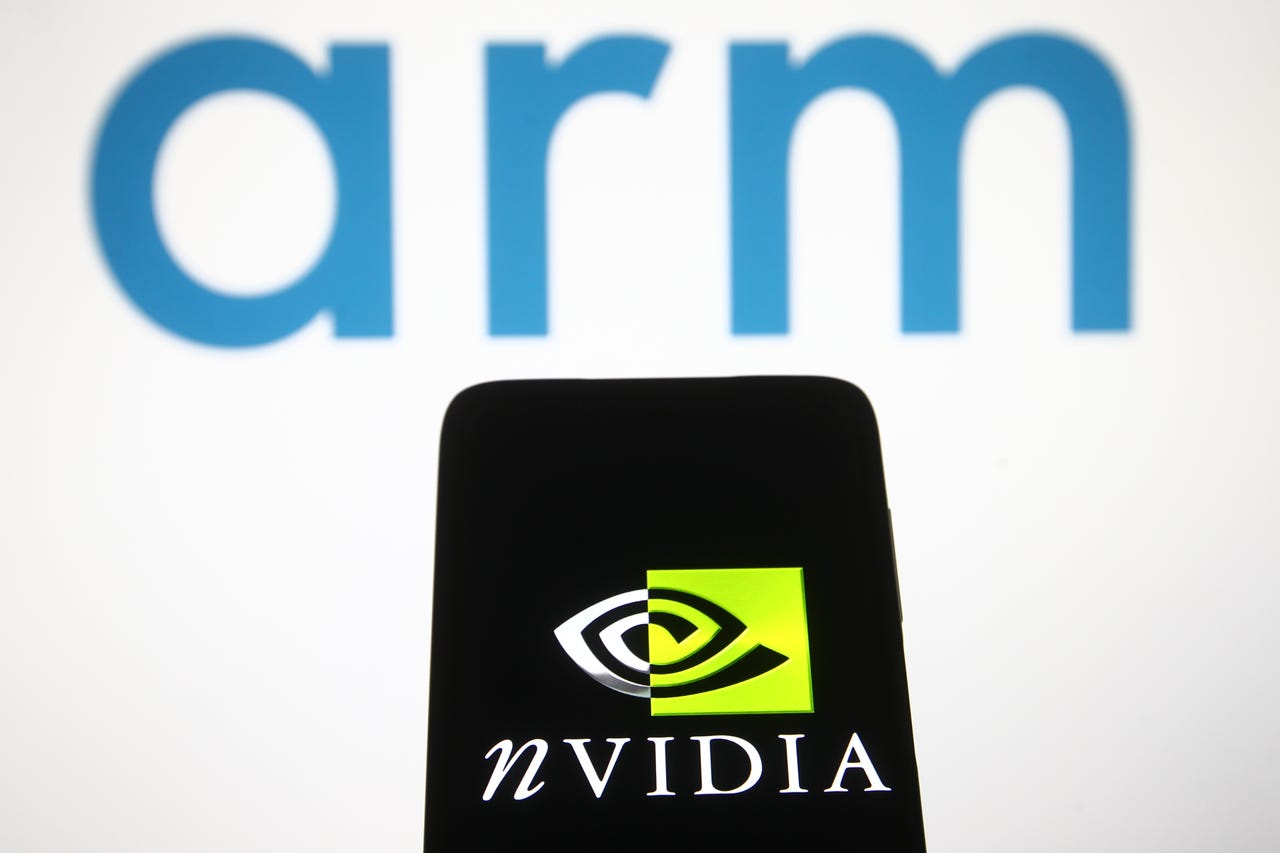































 Image: Getty Images
Image: Getty Images The US Federal Trade Commission (FTC) has filed a lawsuit to block Nvidia's$40 billion acquisition of Arm on the grounds that the deal is anticompetitive.
The FTC is alleging the merger would give Nvidia the means to control the supply of chips and designs used by competitors, which would undermine competitors and stifle innovation across various technology markets, such as cloud, data centres, and autonomous cars.
"The proposed merger would give Nvidia the ability and incentive to use its control of this technology to undermine its competitors, reducing competition and ultimately resulting in reduced product quality, reduced innovation, higher prices, and less choice, harming the millions of Americans who benefit from Arm-based products," the FTC said in a statement.
The US regulator also alleges that the acquisition would harm competition by giving Nvidia access to the competitively sensitive information of Arm's licensees, some of whom are Nvidia's rivals, and that it could decrease the incentive for Arm to pursue innovations that are perceived to conflict with Nvidia's business interests.
The lawsuit is yet another regulatory hit against the Nvidia-Arm deal, with the UK government and the European Commission having already commenced in-depth antitrust investigations into the deal. These investigations were launched after both jurisdictions found a myriad of competition concerns in the$40 billion deal.
The FTC's decision to sue Nvidia was unanimously supported by the commission's committee. The trial is currently scheduled for August next year.
Despite the regulatory concerns around Nvidia's deal, the company revealed third-quarter revenues rose 9% to hit$7.1 billion, while net income jumped 84% to$2.46 billion.
Nvidia CEO and co-founder Jensen Huang said last month his company managed to secure chip supplies from its contract manufacturer during the quarter, but that the global supply chain situation has been a "wake-up call".
"We have a secured guaranteed supply, very large amounts of it, quite a spectacular amount of it, from the world's leading foundry, and substrate and packaging and testing companies that are an integral usual part of our supply chain," Huang said at the time.
 Tags chauds:
affaires
Mentions légales
Tags chauds:
affaires
Mentions légales